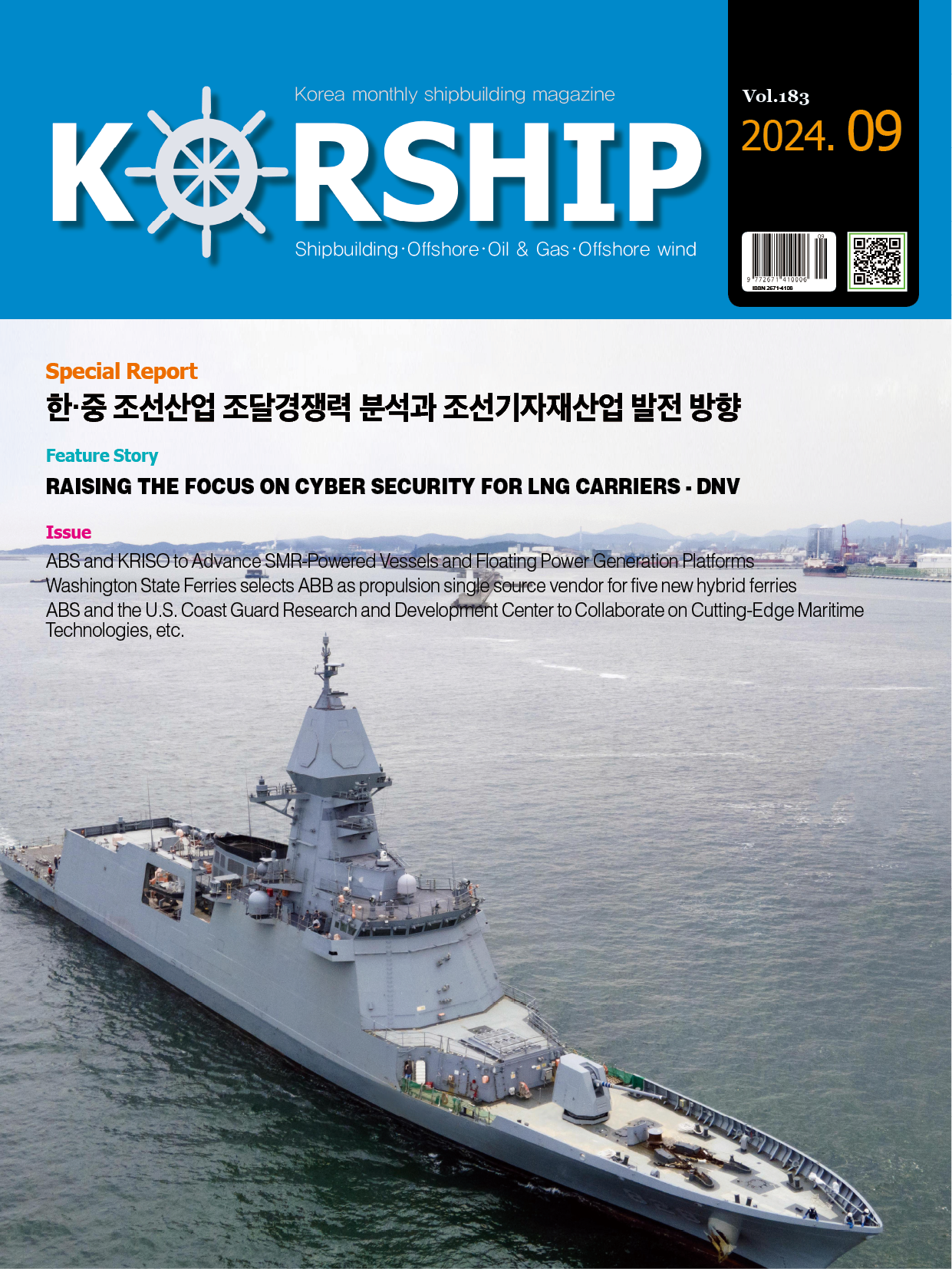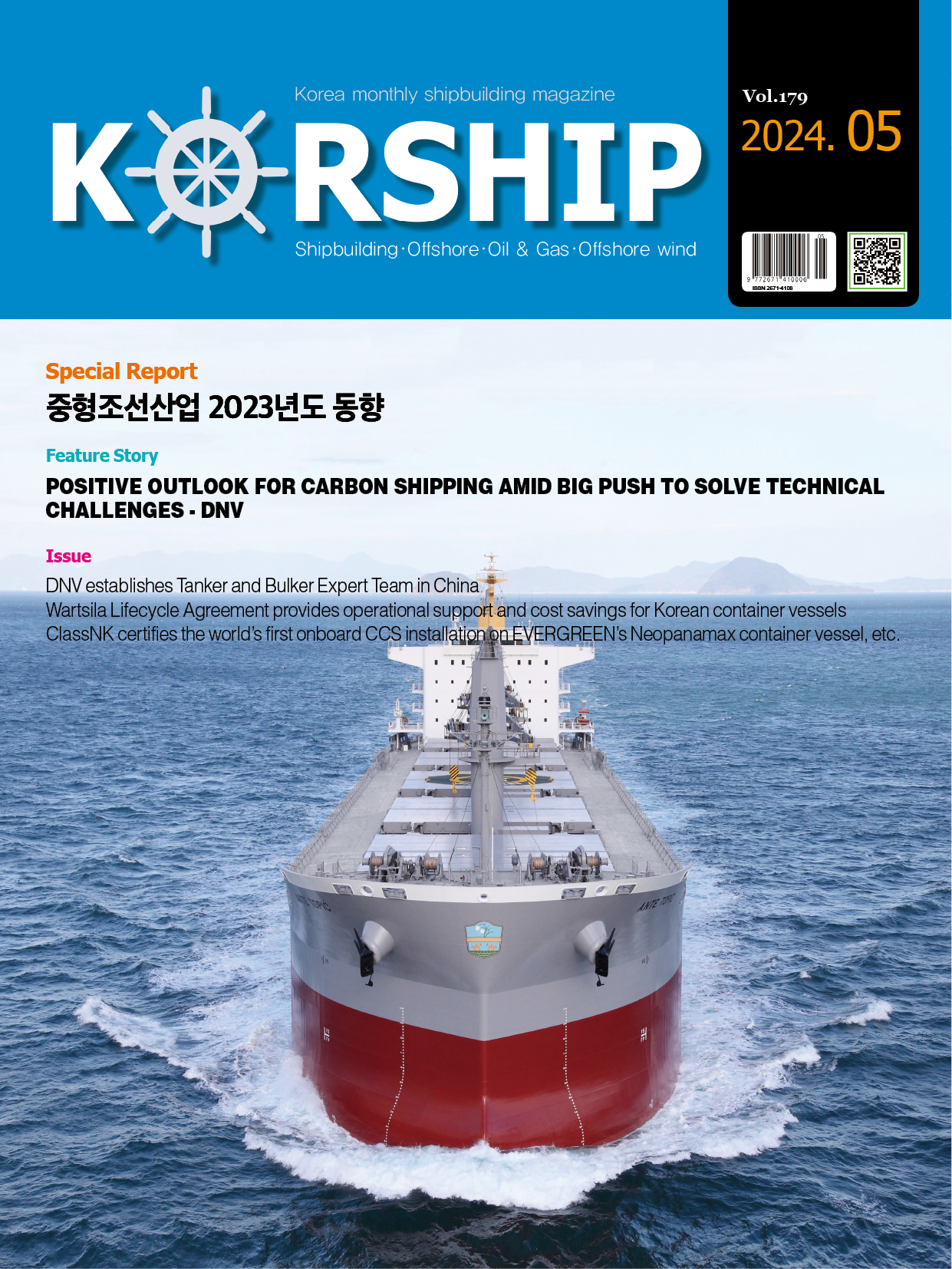Issue Introducing the Alfa Laval E-PowerPack – a game-changing advance in ma…
페이지 정보
작성자 최고관리자 댓글 0건 조회 1,576회 작성일 22-04-15 21:35본문
As the marine industry works to decarbonize, Alfa Laval is at the forefront of preparing technologies to make it happen. Now the first of many new energy solutions is coming to fruition: the Alfa Laval E-PowerPack. Able to convert waste heat directly into electrical power, the E-PowerPack reduces fuel consumption and CO2 emissions – creating a simple, cost-saving tool for complying with new sustainability requirements.
“Alfa Laval is pursuing a wide range of technologies to support decarbonization, both independently and with partners,” says Lars Skytte Jørgensen, Vice President Technology Development, Energy Systems, Alfa Laval Marine Division. “Fuel cells and many other innovations are in the pipeline, but the first critical step is to leverage the existing energy on board. The E‑PowerPack does that in a revolutionary way, while building on Alfa Laval’s many decades of waste heat recovery experience.”
Launching in April, the E-PowerPack is a self-contained solution that can generate electricity from many different heat sources on board. These include exhaust gas waste heat, which accounts for 50% of the energy from combusted fuel, but also liquid sources at lower temperatures, such as engine jacket water. All can make a sizeable difference.
“The versatility and fuel savings will make the E-PowerPack an easy choice for shipowners, who can use it to improve a vessel’s Energy Efficiency Index and Carbon Intensity Indicator,” says Danny Ingemann, Head of Global Sales responsible for the product. “On a wider level, it will be a decisive part of reaching the industry’s common goal of net zero carbon.”
Regardless which fuels they operate with today, fleets can use the E-PowerPack to reduce their fuel consumption, emissions and costs. On vessels where moving to low-sulphur fuel has created a surplus of steam, the E-PowerPack will transform the excess into a free source of power. Going forward, the E-PowerPack will also be vital as energy recovery becomes key in transitioning to green methanol and ammonia.
“Savings that offset fuel costs are only one part of the picture, since methanol and ammonia are both more expensive and less energy-rich,” Ingemann explains. “For the amount of fuel they carry to be feasible, vessels will need to utilize all of the energy that methanol and ammonia contain. The E-PowerPack will be a vital part of achieving the energy balance.”












